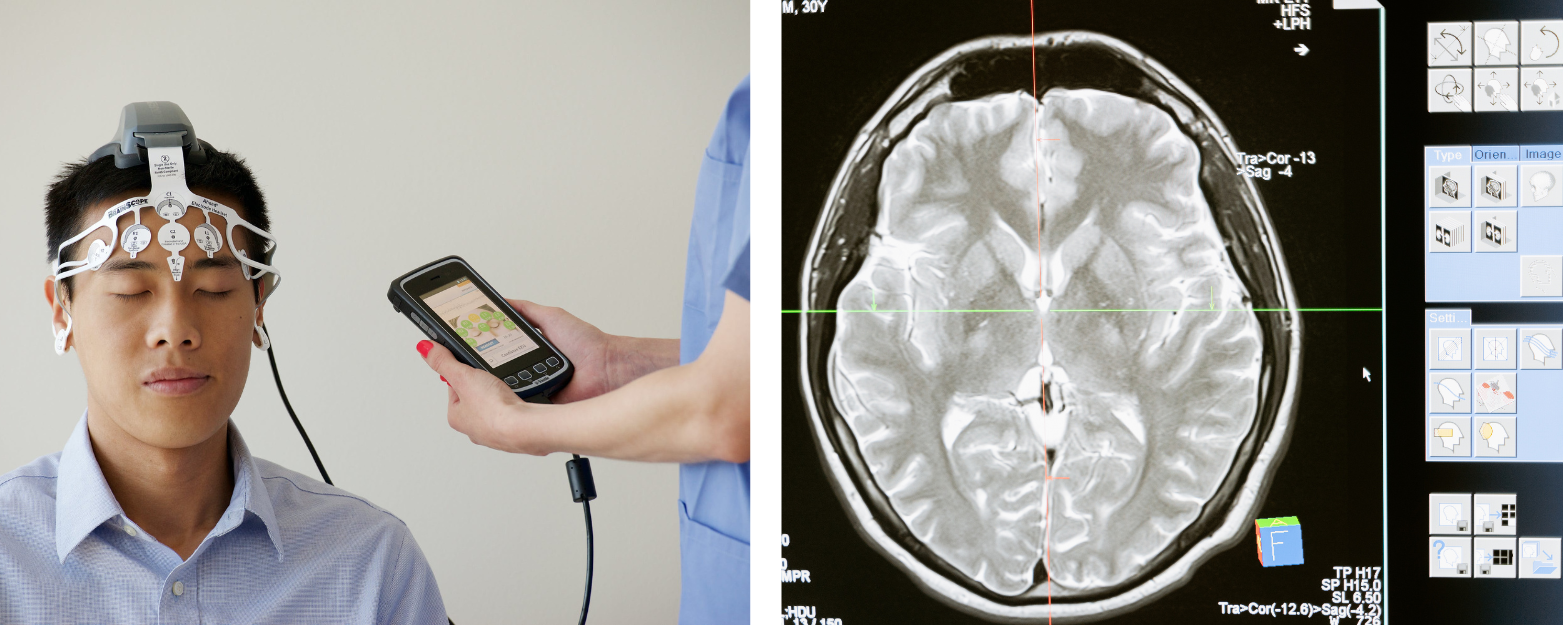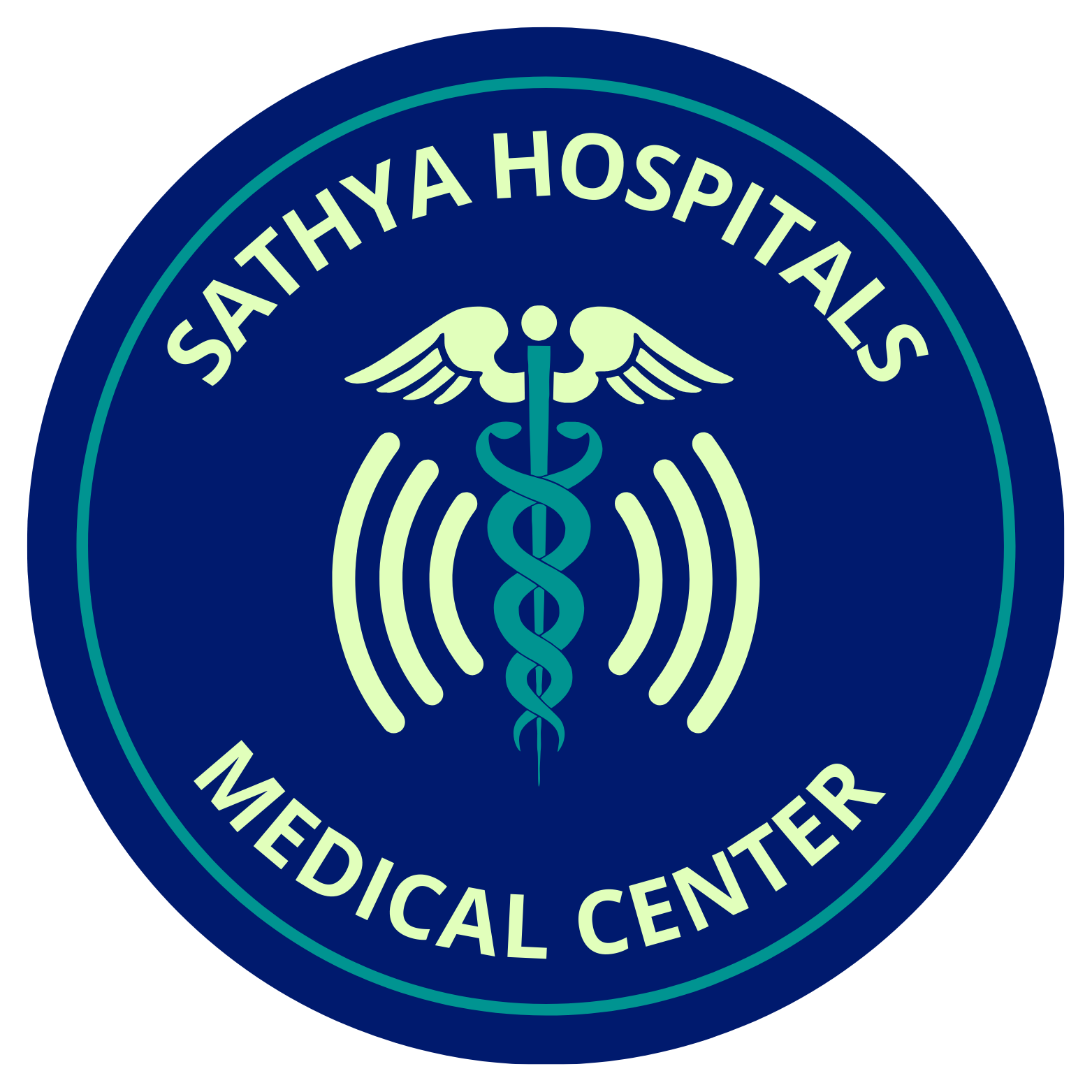What is Neurology?
Neurology is a medical specialty focused on diagnosing, treating, and managing disorders of the nervous system, which includes the brain, spinal cord, peripheral nerves, and muscles. Neurologists are trained to address a wide range of conditions, from acute emergencies like strokes to chronic disorders like epilepsy or Parkinson’s disease. This specialty is critical for improving patients’ quality of life, as neurological conditions often affect movement, cognition, sensation, or behavior.
Scope of Neurology Services
Neurology services encompass:
- Diagnosis: Identifying neurological disorders through clinical evaluations, imaging, and specialized tests.
- Treatment: Providing medical management, surgical interventions (in collaboration with neurosurgery), and rehabilitation.
- Prevention and Education: Offering lifestyle advice and screenings to prevent or manage neurological conditions.
- Emergency Care: Addressing acute conditions like strokes or seizures requiring immediate intervention.
Common Conditions Treated
Neurology covers a broad spectrum of disorders, including:
- Stroke: Sudden interruption of blood flow to the brain, causing symptoms like paralysis or speech difficulties. Includes ischemic stroke (clot-related) and hemorrhagic stroke (bleeding).
- Epilepsy: A disorder causing recurrent seizures due to abnormal brain electrical activity.
- Migraine and Headaches: Chronic or severe headaches, including tension headaches and cluster headaches.
- Parkinson’s Disease: A progressive disorder affecting movement, causing tremors, stiffness, and balance issues.
- Multiple Sclerosis (MS): An autoimmune condition damaging the protective covering of nerves, leading to weakness, vision problems, or coordination issues.
- Neuropathy: Peripheral nerve damage causing numbness, tingling, or weakness, often linked to diabetes or infections.
- Alzheimer’s Disease and Dementia: Cognitive decline affecting memory, thinking, and behavior.
- Myasthenia Gravis: A neuromuscular disorder causing muscle weakness, particularly in the eyes, face, or limbs.
- Brain Tumors: Abnormal growths in the brain requiring medical or surgical management (often in collaboration with oncology).
- Traumatic Brain Injury (TBI): Damage from head trauma, ranging from concussions to severe injuries.
Diagnostic Methods
Neurologists use advanced tools to diagnose conditions accurately:
- Clinical Evaluation: Assessing symptoms, reflexes, coordination, and cognitive function through physical and neurological exams.
- Electroencephalogram (EEG): Measures brain electrical activity to diagnose epilepsy or seizures.
- Magnetic Resonance Imaging (MRI): Provides detailed images of the brain and spinal cord to detect tumors, strokes, or MS lesions.
- Computed Tomography (CT) Scan: Used for quick imaging in emergencies like stroke or head injury.
- Electromyography (EMG) and Nerve Conduction Studies: Evaluate nerve and muscle function for neuropathy or myasthenia gravis.
- Lumbar Puncture: Analyzes cerebrospinal fluid for infections, MS, or bleeding.
- Blood Tests: Check for markers of infection, inflammation, or genetic conditions affecting the nervous system.
Treatment Approaches
Neurology treatments are tailored to the condition and may include:
- Medications: Anti-seizure drugs (e.g., levetiracetam for epilepsy), migraine preventives (e.g., beta-blockers), or dopaminergic drugs (e.g., levodopa for Parkinson’s).
- Emergency Interventions: Thrombolytic therapy (e.g., tPA for ischemic stroke) or clot retrieval procedures in stroke units.
- Surgical Collaboration: Working with neurosurgeons for procedures like tumor removal or deep brain stimulation for Parkinson’s.
- Rehabilitation: Physical therapy, occupational therapy, or speech therapy to restore function after stroke or TBI.
- Lifestyle Management: Diet, exercise, and stress reduction plans for conditions like migraines or epilepsy.
- Counseling and Support: Cognitive behavioral therapy or support groups for dementia patients and families.



